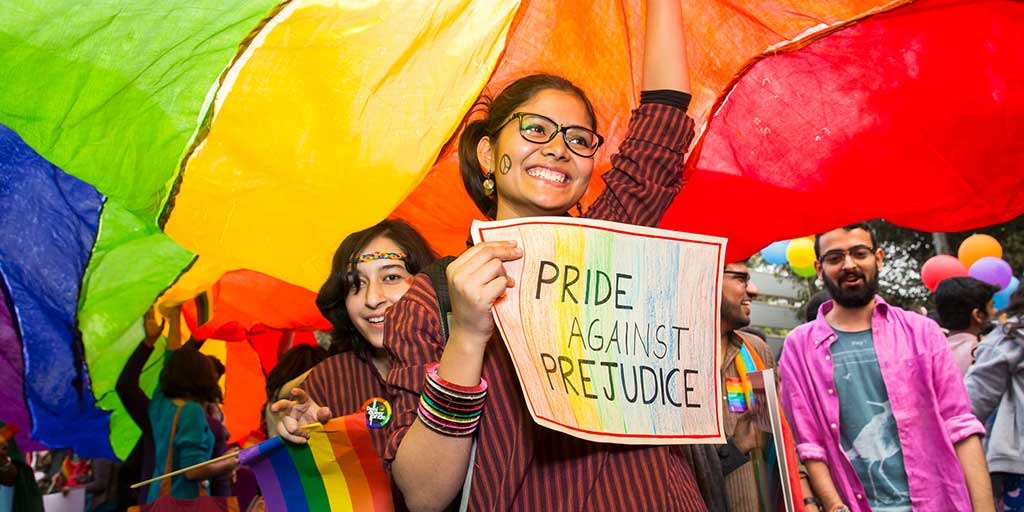In India, surrogacy is defined and dealt under the The Surrogacy (Regulation) Act, 2021. Section 2(zd) of the Act defines “surrogacy” to mean a practice whereby one woman bears and gives birth to a child for an intending couple with the intention of handing over such child to the intending couple after the birth. The Surrogacy (Regulation) Act, 2021, however, does not recognise and provide for the rights of LGBTQ couples even though it recognises single woman and live-in couples.
The right to become a parent is considered as a human right and it is very unfortunate that the LGBTQ community is being discriminated against in many such aspects merely because of the ethical beliefs of the society. Being a same-sex couple means that they can’t bear a child of their own and have to resort to other methods such as adoption or surrogacy to become a parent, either adoptive or natural. In the wave of change that is It is high time the country changed its approach to recognize and support this community in allowing them to build and cherish a family of their choice.
The Surrogacy (Regulation) Act, 2021
According to Section 2(r) of the Act, an ‘intending couple’ means a couple who have a medical indication necessitating gestational surrogacy and who intend to become parents through surrogacy, and an ‘intending women’ means an Indian woman who is a widow or divorcee between the age of 35 to 45 years and who intends to avail the surrogacy[1]. This Act also provides that a surrogacy can only be availed if there is a medical indication necessitating gestational surrogacy, or if its for altruistic surrogacy under Section 4(ii)(a) and (b). Section 4(iii) of the Act enunciates that the surrogacy procedure should not be initiated unless the conditions prescribed in the Act is not fulfilled. It says that the intendening couples shall possess a certificate issued by the authority after fulfilling certain requirements like that of certificate of medical indication from a District Medical Board favouring either or both the member of the couple or the intending woman necessitating gestational surrogacy, an order passed by the First Class Magistrate court regarding the parentage and custody of the child born, a 36 month insurance covering postpartum delivery complication.
According to Section 4 (iii)(c) an eligibility certificate is also issued separately by the concerned authority to the intending couples only if they comply with the provisions specified. An intending couple should be married between the age of 23-50 years in case of female and male between the age of 26- 55 years, they should neither have an surviving child during surrogacy if the child is either physically or mentally challenged with no permanent cure and there should be a certificate regarding the same by the medical board.
From the above Sections it can be observed that the Act is not conducive for recognizing or providing rights to the LGBTQ couples vis-a-vis surrogacy. Even the very definition of the ‘intending couple’ is clearly restricted to couples with medical indication necessitating gestational surrogacy and the definition of an intending woman is narrowly restricted to a widow or divorcee. It does not deal with a man or woman who wishes to remain single and bear a child. Since the Act was only recently enacted after the case of Navtej Singh Johar[2] and the NALSA case[3], the Government should have reconsidered the scope of the Act to include and provide for members and couples belonging to the LGBTQ community.
[1] Section 2(s), Surrogacy (Regulation) Act, 2021
[2] Navtej Singh Johar v. Union of India
[3] National Legal Services Authority (Nalsa) Vs. Union Of India


